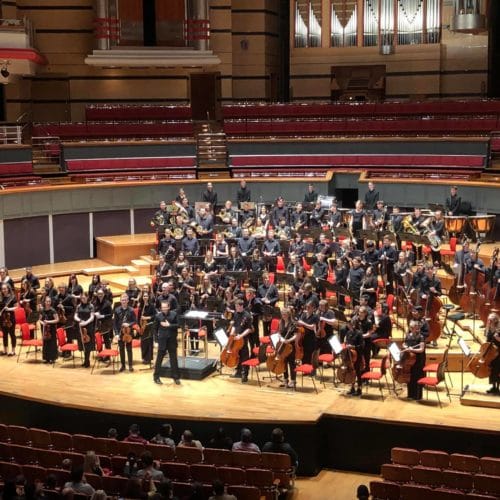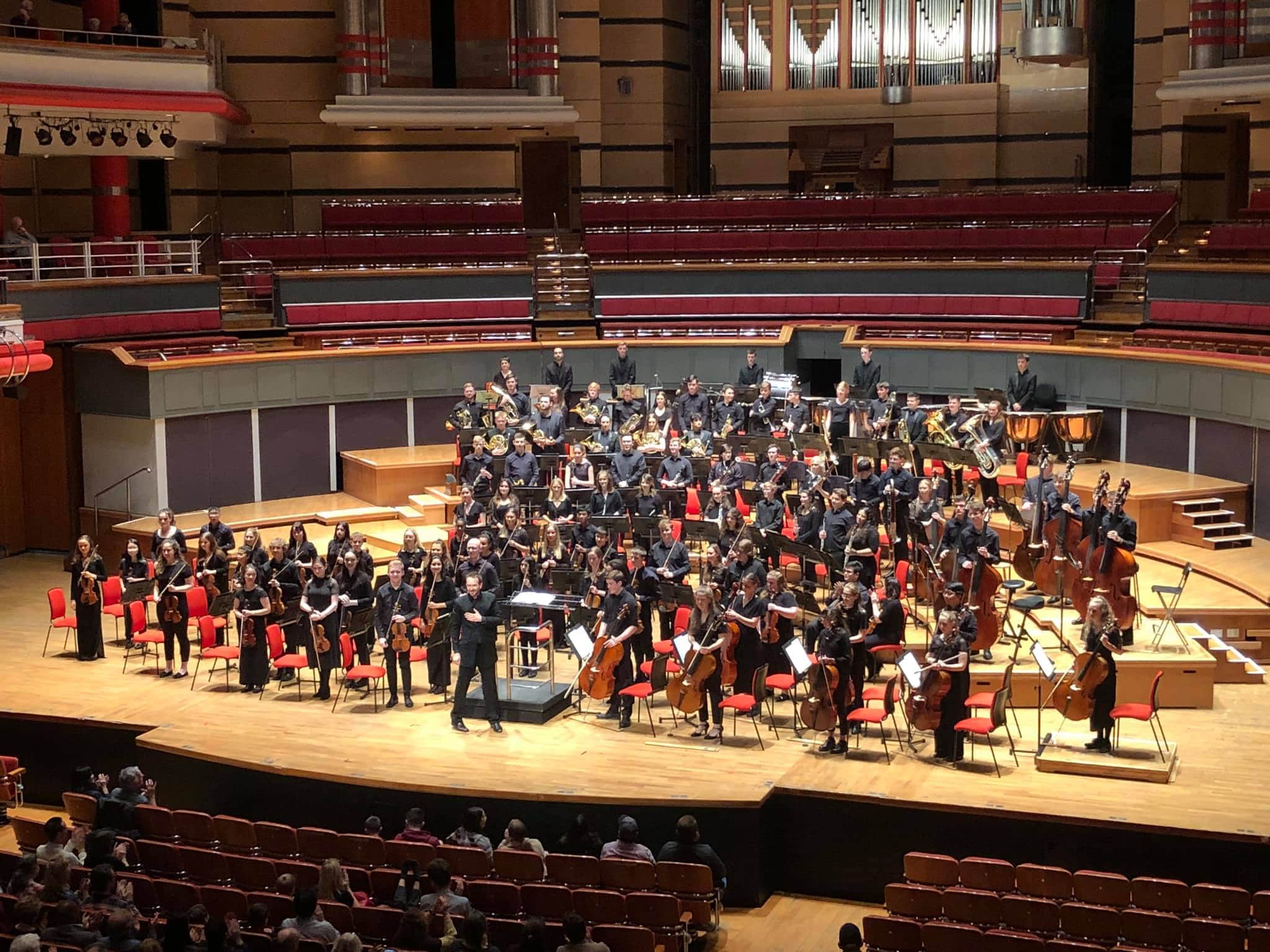UK orchestras’ earned income is up 23%
mainThe Association of British Oerchestra has produced a positive set of statistics showing that UK orchs have increased their income from ticket sales and tours by almost a quarter since the last survey in 2016. The total amount earned is £68.9 million.
(This does not include the BBC orchestras, who operate in a false economy.)
There is a downside to this upturn, however, and it can be found by breaking down the touring revenues.
Income from all overseas tours was £14.4 million. Of this £8.4 million was earned in EU countries.
That market will dry up from next month as the UK leaves the EU.
You can read the report here.







==BBC orchestras, who operate in a false economy.
That is, they’re just salaried employees ?
It’s not hard to understand NL’s point here – they are subsidised through the licence.
Orchestras such as CBSO, Halle etc are simply independent businesses with the support of the BBC, only minimal public subsidy and therefore rely on touring to make money.
Look at tour schedules – BBC orchestras have lots of days off, independent orchestras don’t. The BBC bands are not under the same pressure to undertake commercially successful tours.
A good reason for those who think that
London needs a new concert hall. And it’s a fact that the Barbican is no more at the top and has no charme. London needs a Philarmonie like in Paris. Rattle is right.
And yet UK orchestras are busily announcing touring plans in Europe and beyond, well into the future. The LSO is playing in 6 European cities in the next 3 months alone. British orchestras are headlining at Salzburg and Lucerne this summer, just for starters – dates that will have been pencilled when it was still assumed that the UK would be leaving the EU in March 2018.
It’s almost as if the Great Nasty B-word has had no really significant effect. But let’s stick to the narrative anyway.
It’s right for questions to be asked though.
If it’s realistic to assume that British orchestras will require more paperwork, adding cost and making us more expensive, then shouldn’t we be worried that we will find ourselves too expensive for European concert promoters?
Seems a legitimate concern to me.
“It’s right for questions to be asked though. ”
But “That market will dry up from next month” is not a question, it’s yet another assertion which does not seem to be supported.
Dates that will have been pencilled in as Brexit wasn’t yet certain, more like. No point giving up lucrative touring for something that seemed so uncertain at the time.
Plus all the examples you mention are during the transition period when nothing on the ground is actually going to change. The Great Nasty B-word hasn’t actually happened yet so it’s difficult for it to have had a significant effect.
The logic is quite obvious that with the extra admin and costs which come with touring across hard borders, it’s likely this may reduce the amount of touring. Either because of fewer offers and/or with the UK orchestra itself not wanting the extra hassle and cost.
Despite nominally leaving the EU, Britain is still effectively in since it is still contributing to the budget, accepting EU rules, and accepting free movement of people. This will continue until next year. What happens then hasn’t been decided.
Norman writes: “That market will dry up from next month as the UK leaves the EU.”
Er…nothing changes until next year at the earliest. And perhaps even then nothing will change.